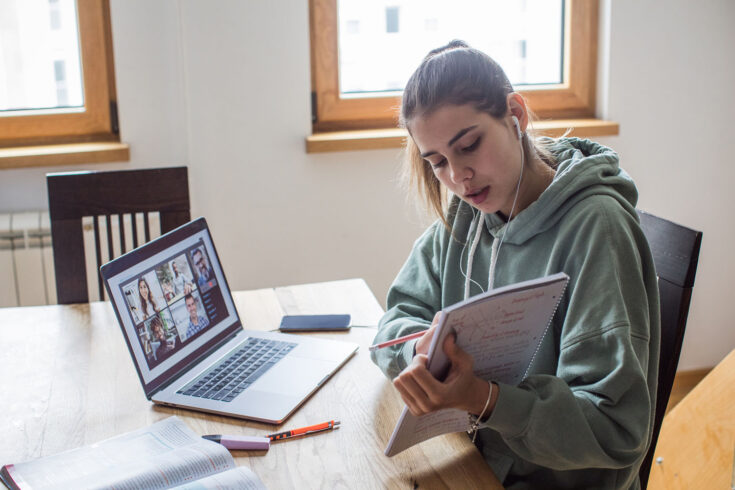UK Research and Innovation (UKRI) is strongly advising all funded students to speak to their supervisor about adjusting projects to complete a doctoral-level qualification within their funded period.
The move comes as UKRI publishes a report and policy statement on COVID-19 and doctoral students.
UKRI will be making an additional £19 million available to support doctoral students who find it most difficult to adjust their project and training plan.
Funding available to students most in need
The funding particularly aims to support students who have recently gone into their final year of study (funding end date before or on 30 September 2021) and those with ongoing support needs. Students with ongoing support needs include disabled students, students with a long-term illness, those who are neurodivergent or those with caring responsibilities.
We have asked research organisations (ROs) to prioritise students within these groups who are not able to adapt their project in order to be able to finish within their funding period.
Block funding will be given to eligible ROs for them to allocate to UKRI-funded students.
Students and supervisors need to act now
UKRI is advising the students it funds, including students on grants from any of the seven research councils, if they have not done so already, to talk to their supervisors to take stock of where they are in their project and what changes they need to make.
The announcement does not affect students whose grant holder has already confirmed an extension or who have taken a leave of absence on medical grounds.
Adapting under the pandemic
Professor Rory Duncan, UKRI Director of Talent and Skills said:
Over the last few months, we’ve spoken to many students, grant holders and university leadership teams. We have heard just how difficult the pandemic has made life for many, but also how students and the facilities that they use are starting to adapt to life under a pandemic.
It’s also clear that even if facilities or campuses are reopening, working life is not the same and it will not be for some considerable time to come.
We’re saying now that, if a student has not already had a conversation with their supervisor about the research they can realistically do within the time they have, they need to do so now.
Altering the outputs of your work or changing the data you work with as a result of the pandemic does not diminish the standard of your doctoral education.
UKRI report finds some students are adapting
UKRI is also today publishing the outcome of its review of support for its students. The review brings together evidence from students, grant holders and university management teams. It concludes:
- support for students in their final year, announced in March, has been applied in line with the principles of the scheme. 92 percent of final year students requested an extension and the average extension requested was 4.6 months
- some students are already having conversations with their supervisors about how to adjust their project and training plan so that they are able to complete it within their funded period. UKRI is now urging all doctoral students and supervisors to follow suit
- those who will find it most difficult to adjust their projects are being given some additional funding to be used on a needs-priority basis once project adaptation and mitigation have been fully explored. These include:
- students in their penultimate year at the time of the review and those who are now entering their final year of funding
- those with ongoing support needs (such as disabled students, students with a long-term illness, those who are neurodivergent or have caring responsibilities).
UKRI has also carefully considered feedback from students on the process for applying for extensions and the full amount of financial support available. Full details are in our report (PDF, 6MB).
The policy statement (PDF, 148KB) published today sets the actions UKRI will be taking in response to its report. Full terms and conditions of the additional funding (PDF, 75KB) have also been published.

